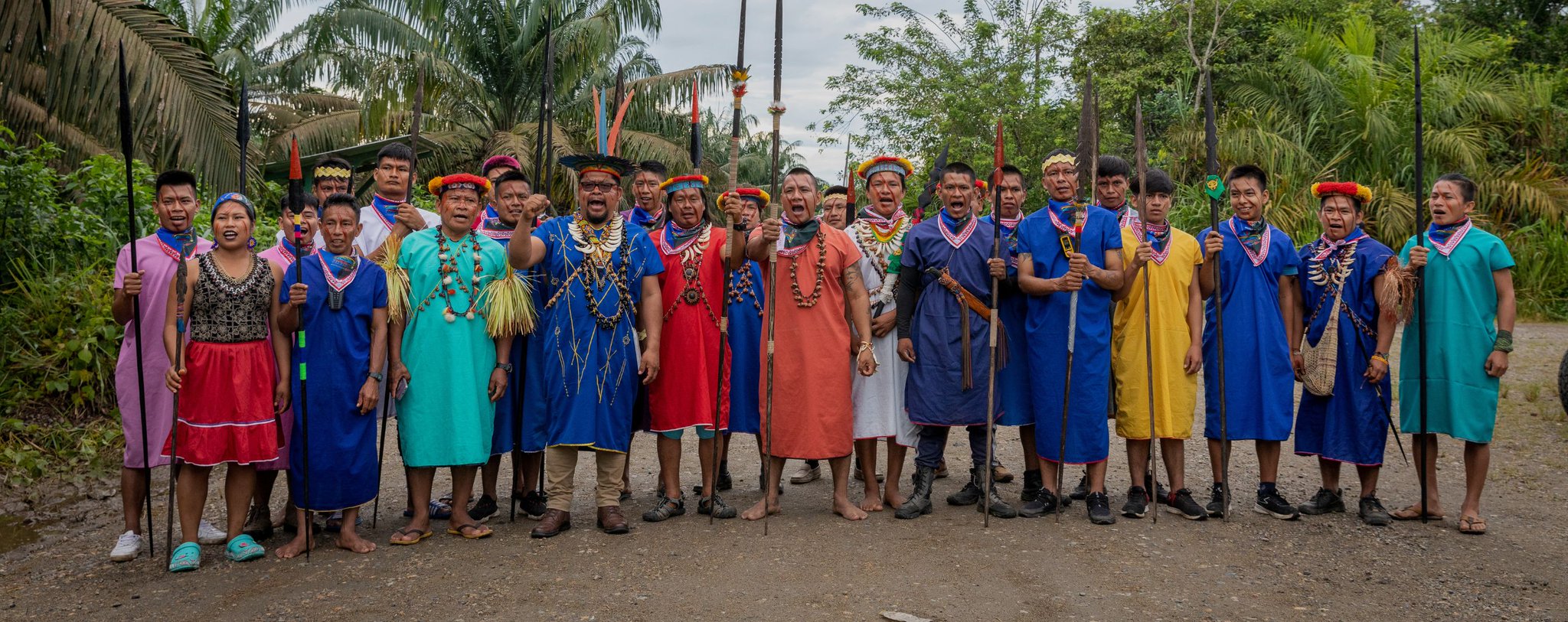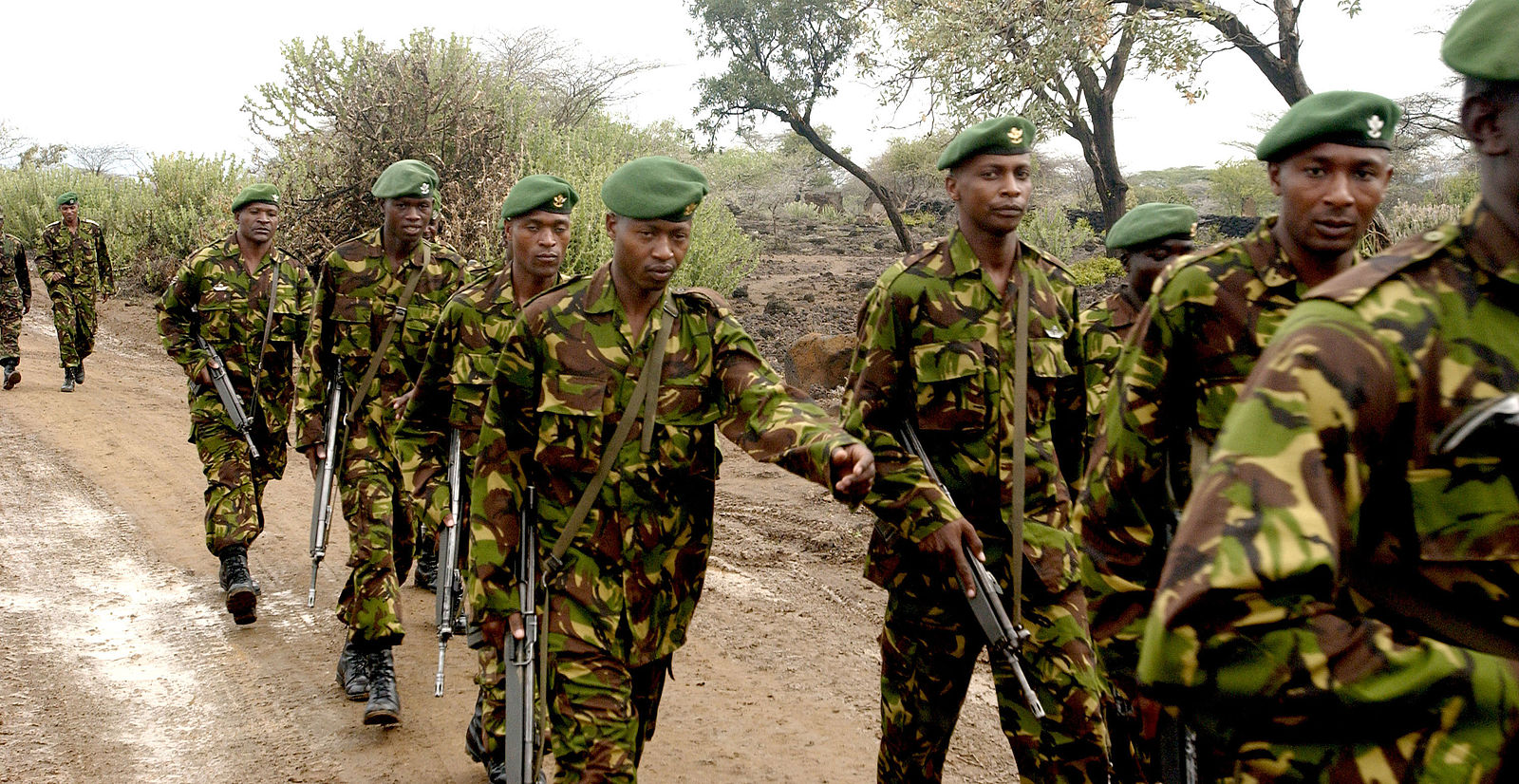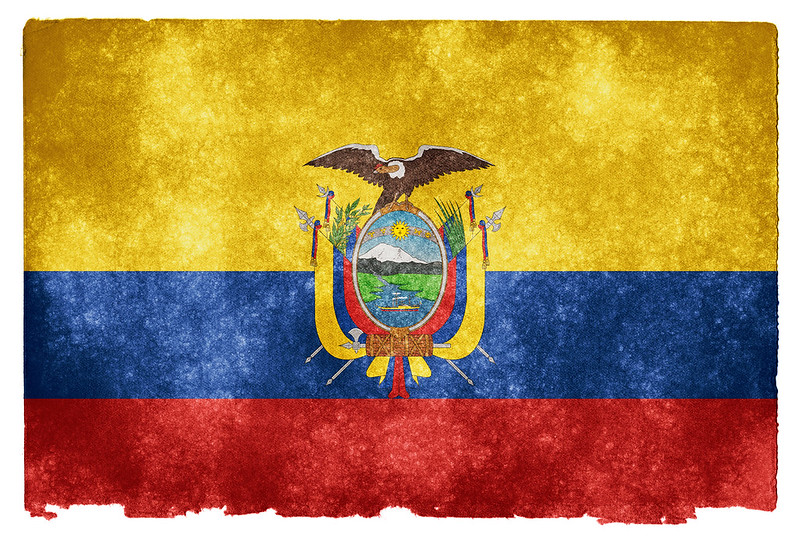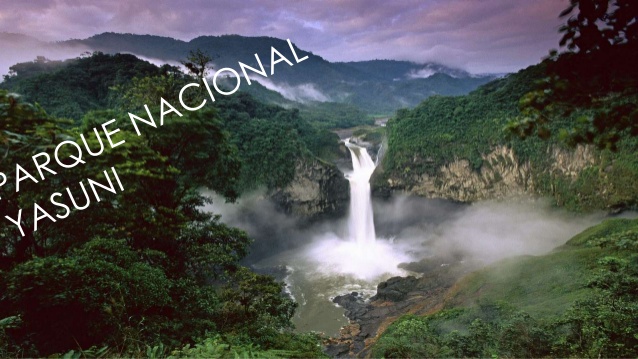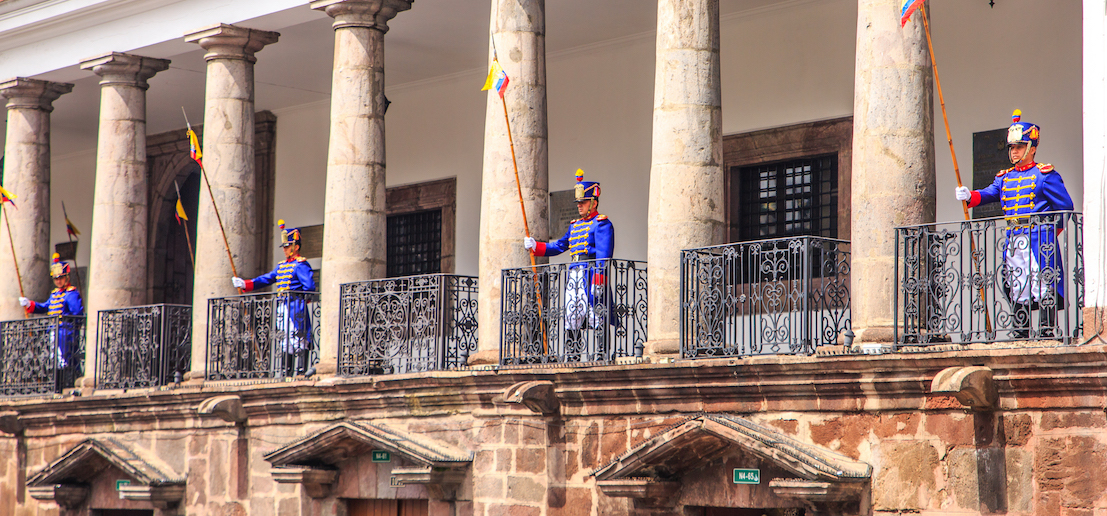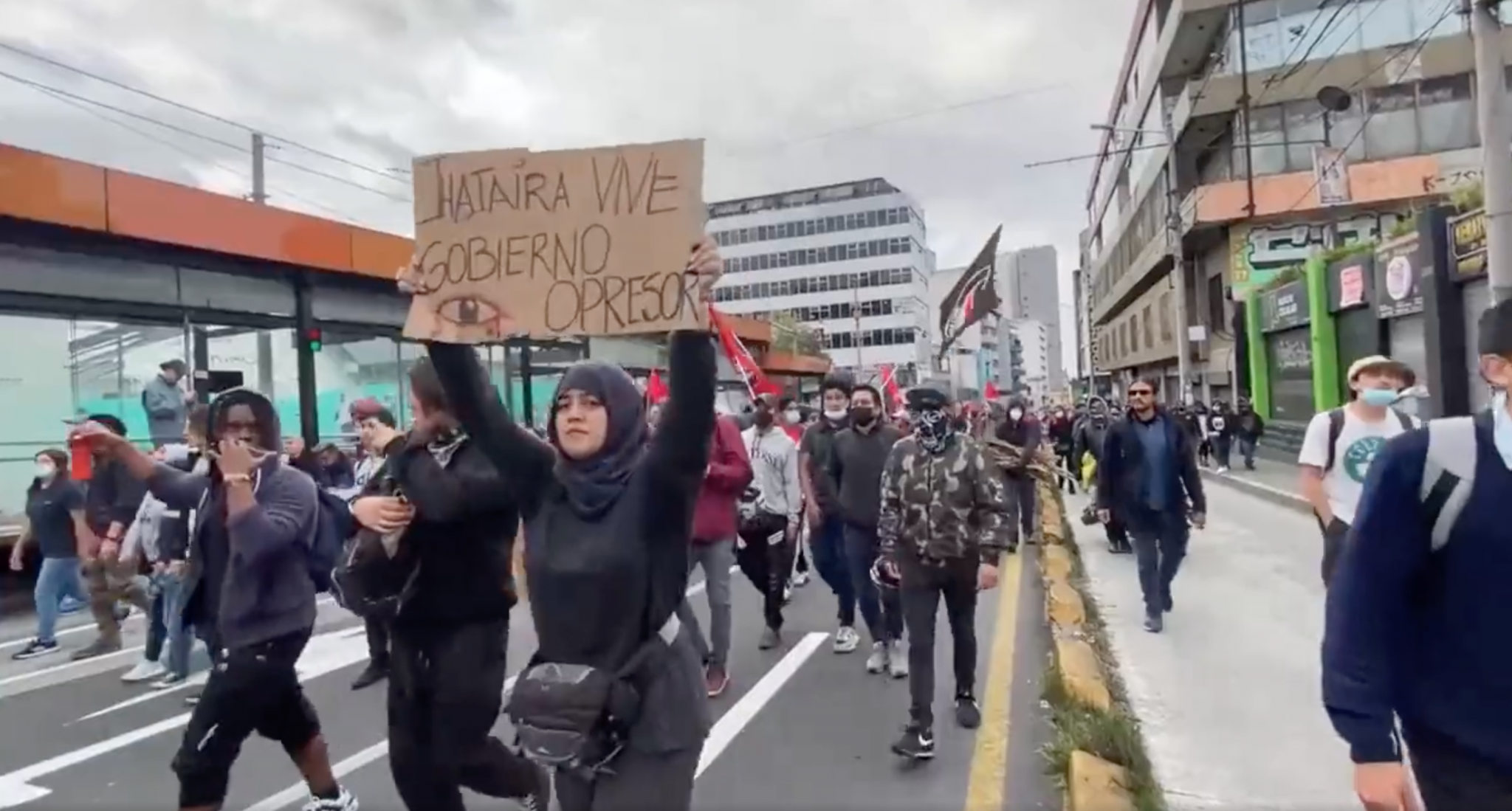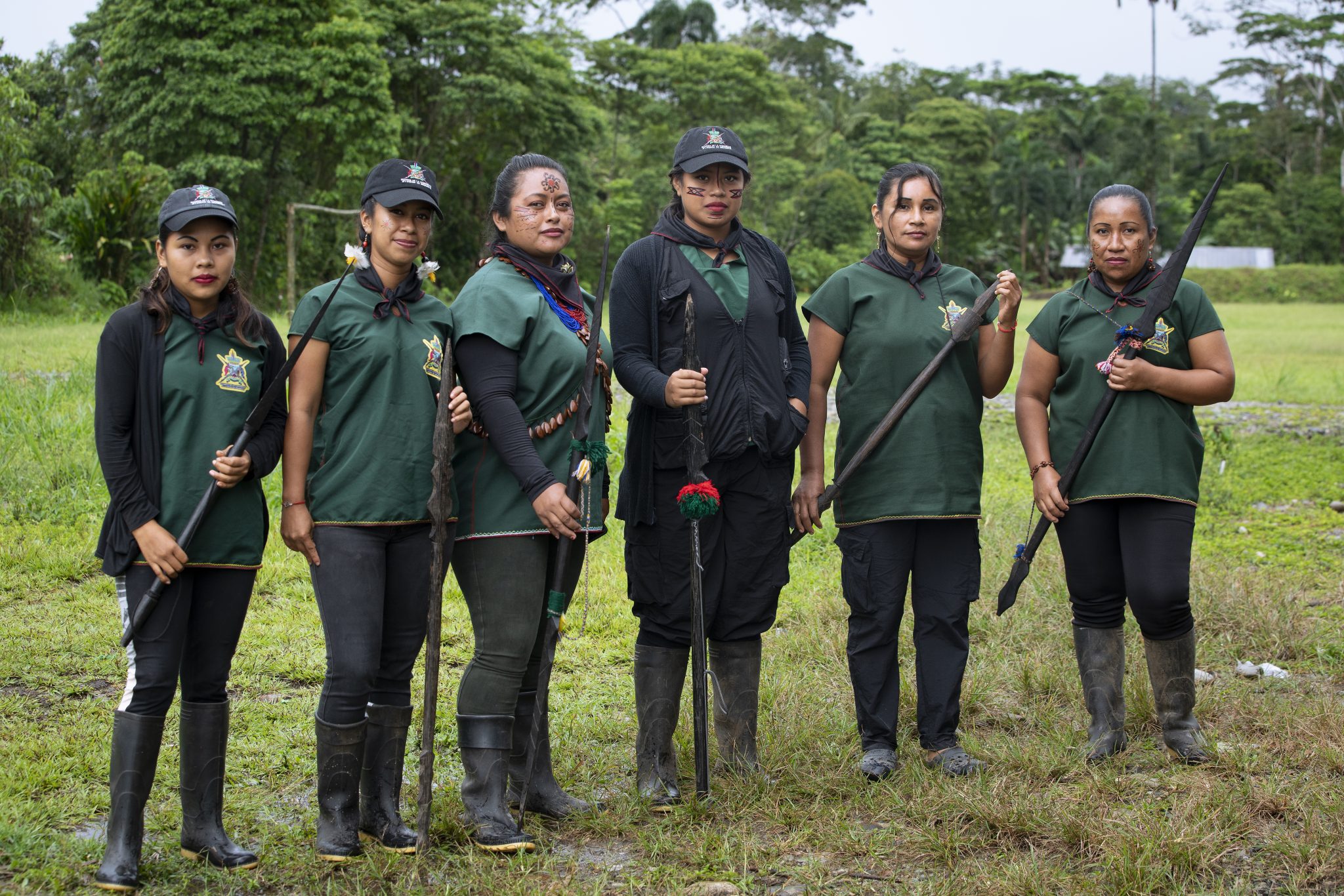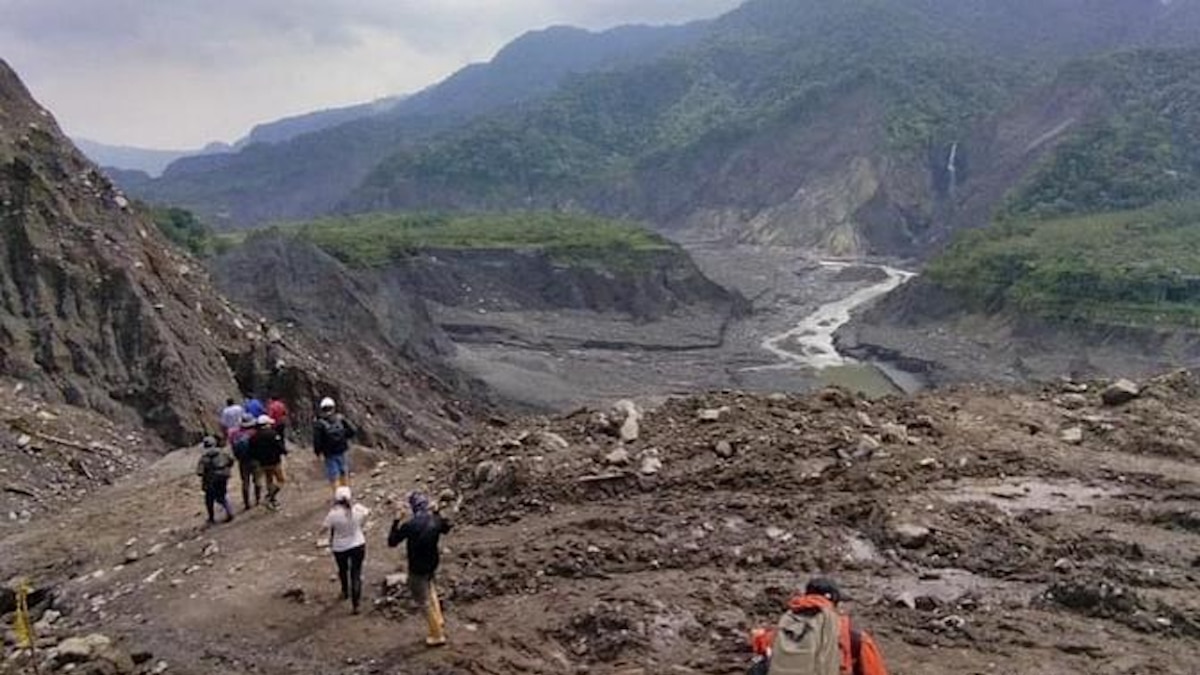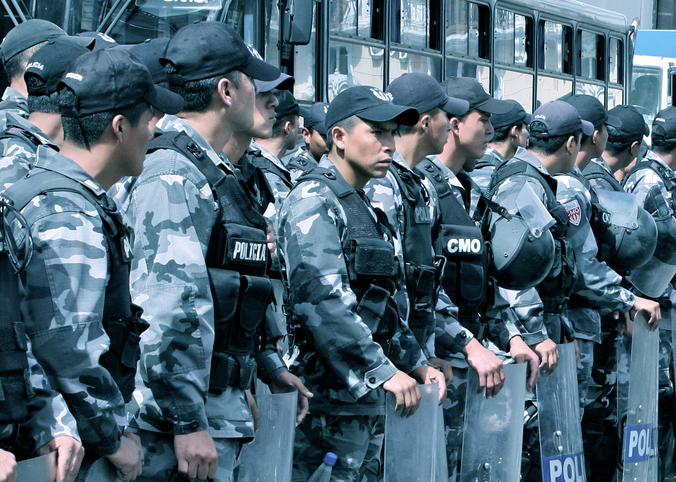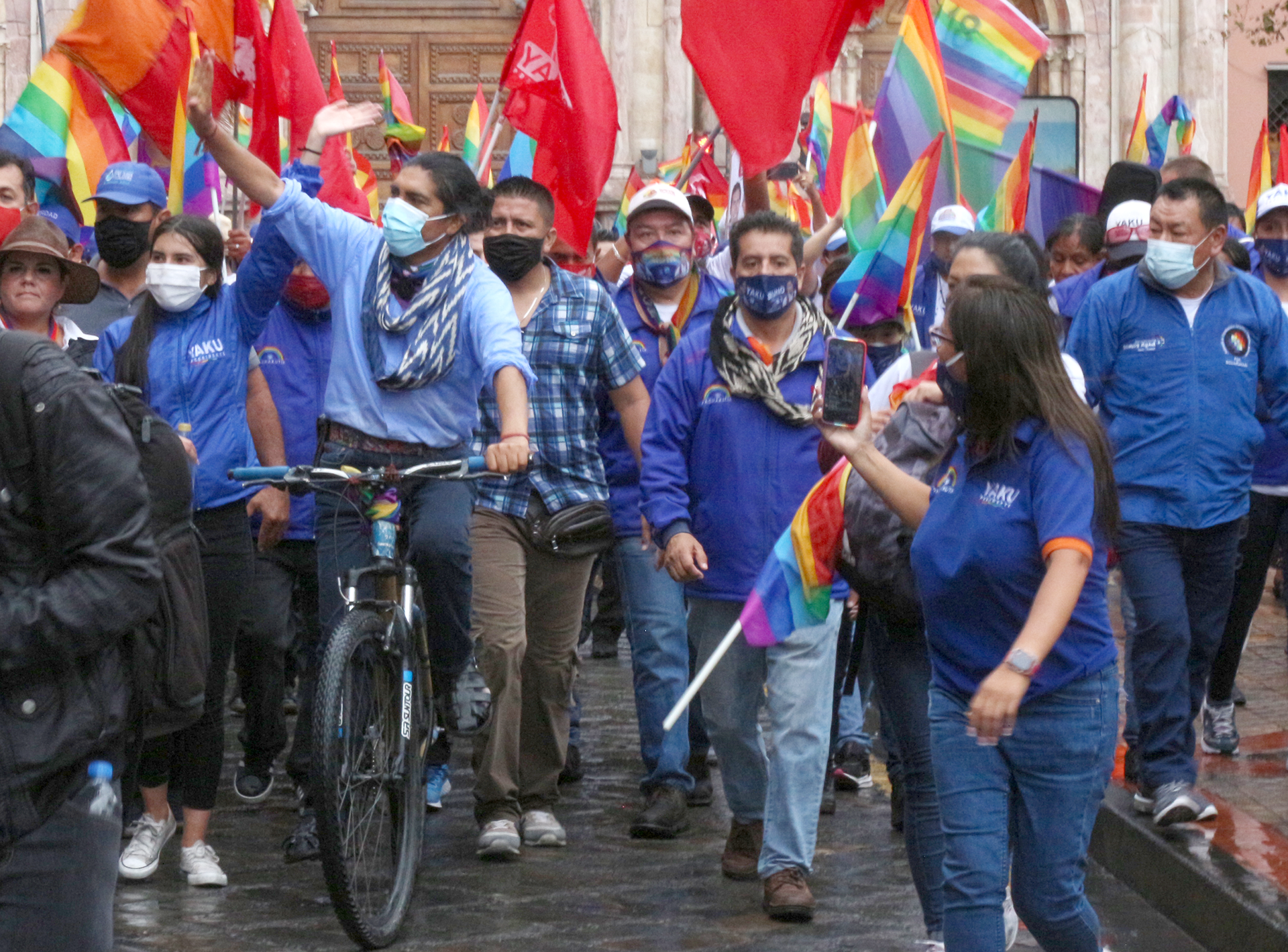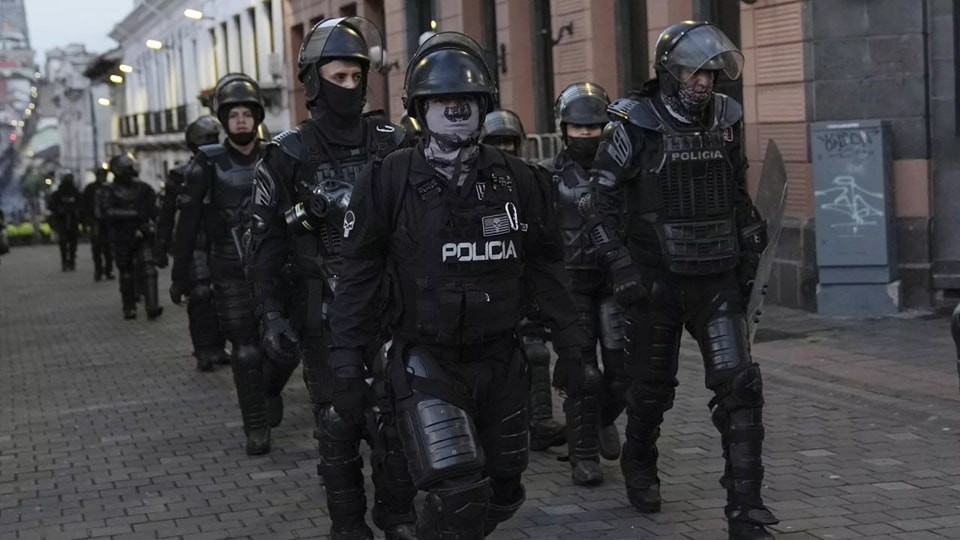
‘State of armed conflict’ declared in Ecuador
Ecuador’s President Daniel Noboa declared a 60-day state of emergency in the country after the escape of Adolfo Macías Villamar AKA “Fito,” leader of the Los Choneros narco-gang, from Littoral Penitentiary in Guayaquil. Macías had been serving a 34-year sentence since 2011 for drug trafficking, murder, and organized crime. As news broke of his disappearance, six other correctional facilities across the country exploded into riots. The situation escalated the following day, when hooded gunmen interrupted a live television broadcast in Guayaquil, taking reporters and staff hostage. Noboa responded by declaring a state of “internal armed conflict” in the country, ordering security forces to “neutralize” designated “terrorist organizations” and “non-state actors,” including Los Choneros, Los Lobos and Los Tigueronesnarco-gangs. (Photo: Indymedia Ecuador)



